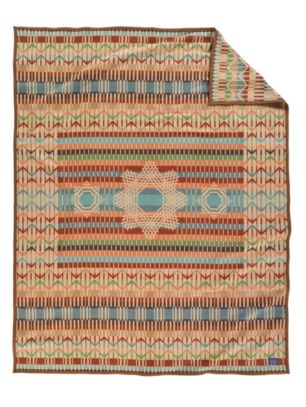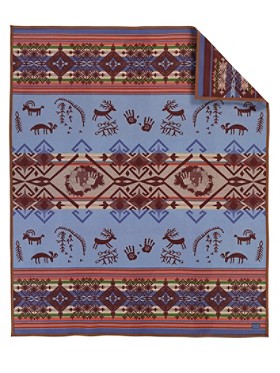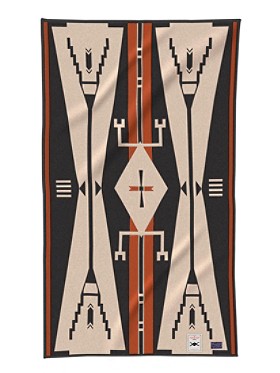Talk about a throwback culture. The bullying lobby has made whining a national pastime. This group has some cheek calling out Monica Lewinsky for setting back their cause. What cause? Thou Shalt Not Offend? Here are some bully headlines from Drudge:
BULLY GROUP TO LEWINSKY: TAKE YOUR STAINED DRESS HOME!
‘She’s setting us back years’…
‘She doesn’t know what she’s talking about’…
Nothing could make this scribe listen to what Monica has to say today. However, here’s the column written in March of 1999 for Canada’s North Shore News. It probably appeared in the Calgary Herald as well, but I cannot quite recall. It seems a lifetime away. Have I been in the trenches that long? The insights are still good, the writing overwrought (being brutally self-critical is the first rule of writing).
MONICA THE MENACE
©By Ilana Mercer
After watching Monica Lewinsky’s TV debut, I realized who in all this was the real hero. The man who stood bravely between the public and this caricature of a woman is no other than finger-in-the-dyke, Kenneth Starr. It is the independent counsel we must thank for delaying the unleashing of the histrionic Monica.
Menaces like Monica are a product of the times, as is the TV-pimp, Bawbawa Walters. These sorry prototypes are carefully nurtured by the education system. Girls are raised to believe that “like” they deserve everything “and stuff.” That empowerment means they can abandon reason and realistic self-appraisal because they are “totally great.” Feelings rule. Venting and pouting are the only ways of being, and if a guy doesn’t return your calls, President or “whatever,” he’s a jerk. Above all, your sexuality, the true meaning of which evades these shallow sisters, is your shrine second only to your self-esteem.
Monica, of course, blames her woes on a “low self-esteem.” What else? Her demeanor, however, was anything but demure. Her admirers chose “self-possessed” to describe her brazen countenance, although “arrogant” is more apt. If anything, this girl suffers inflated self-importance with a dose of grandeur. Monica threw tantrums when the president of the United States shied away from blowing his sax over the phone for her. And the “pres.,” says Monica, should have broadcast their “relationship” to the world had he any decency. From where Monica is perched, the president’s men had no right to come between her and her lover. This is a woman whose chunky self-esteem is a match only to her keister.
Next, Monica says “sorry.” Fully 66 percent of those polled thought Monica’s apology to the First Wife and daughter was a sincere one. What the public now accepts as an apology is another sick sign of the times. Monica said she was contrite yet proceeded to peel-off layer by layer every scab that ever formed over the sorry affair. This exercise in expiation she carried out in view of millions of people. Apologies have, indeed, become nothing but Oprah-moments, where victims and perpetrators collaborate, under the media’s gaze, to belittle the meaning of loss and injustice.
The reactions in the media to Monica are a useful litmus test for the quality of commentary in the press. The Canadian National Post came tops, consistently assigning wry descriptions to the “bubble head.” Second was the New York Times, referring to the interview as “… a giddy Cosmo version of self-realization, a tale told in the psychosexual language of magazine covers that urge their readers to own their sexuality.”
The Globe and Mail, and the Vancouver Sun vied for a position on the lowest of rungs. Gaseously effervescent was the Globe and Mail’s John Allemang’s string of superlatives: “all-consumingly sensuous, frank, lucid, articulate, focused,” blah, blah, blah. Even her voice, “High, gentle and firm,” gave this man the hots. The Vancouver Sun upped the ante by dignifying Monica’s book with a review.
The reviewer called the book “delicious,” and offered a sample of Andrew Morton’s lumpen prose, showcasing these linguistic vacuities: Monica is analytical, sharp, brilliant, with a photographic memory … ad nauseum. Morton, who told Princess Diana’s “story,” is popping up under every rock with details about the genesis of Monica’s “pain,” which all lead to no other than Torry Spelling’s birthday party snubs. Spelling has a lot more to atone for than a bunch of dreadful films.
Monica’s heft is no longer upon us, although others will step forward to fill the only impression she ever left on the cultural stage, to paraphrase Sir William Shwenck Gillbert’s witticism. When they do, be mindful that girls like Monica don’t get betrayed; they simply star (no pun intended) in their own destructive passion plays. Monica shared her stain-filled affair with anyone who would stand still long enough to listen. And Monica selected her cast, including the sneering Linda Tripp and “Bomber Bill.”
©Ilana Mercer
A version of this article appeared in The North Shore News
March 9, 1999



